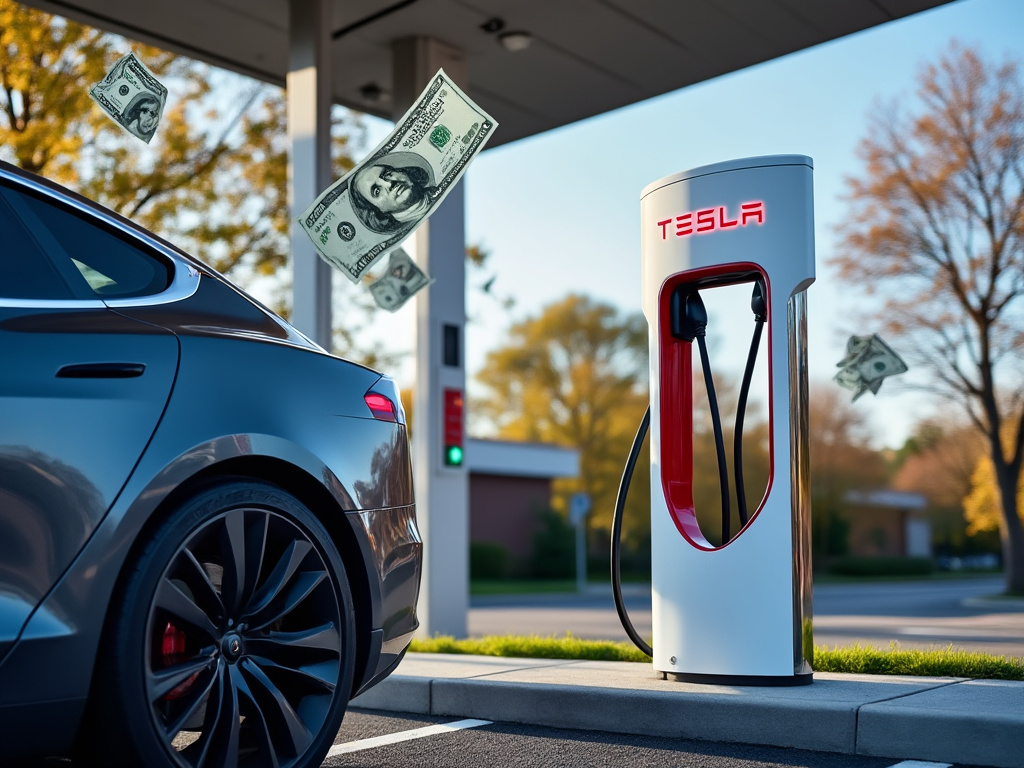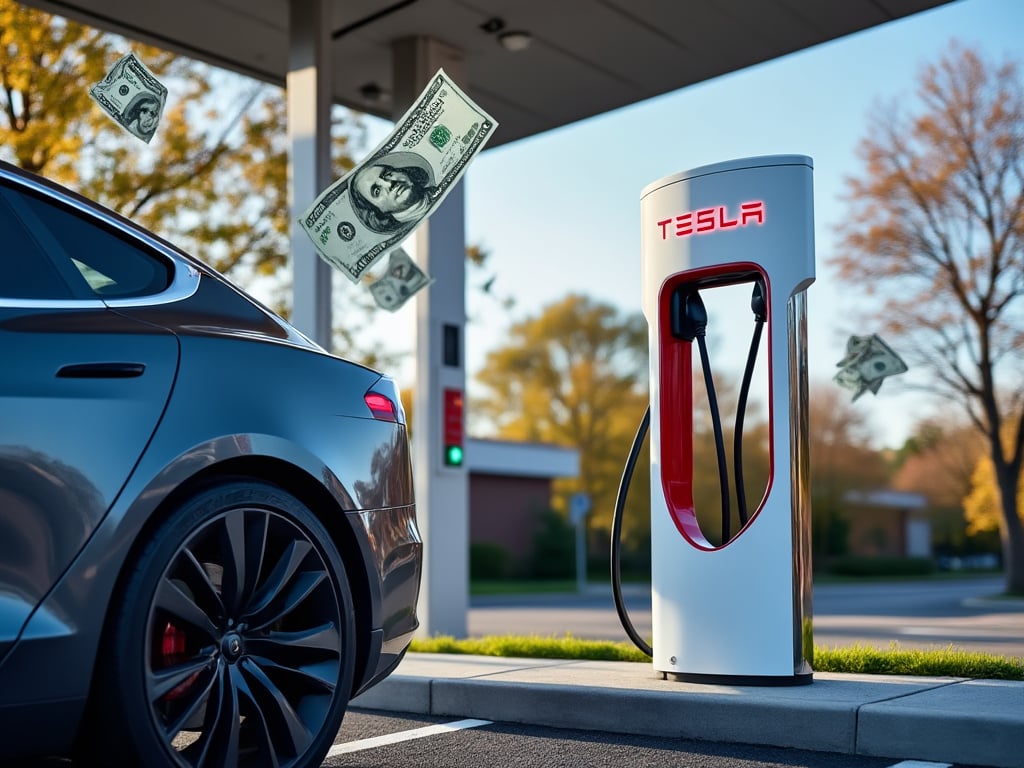
TRENTON, NJ – Did you know New Jersey is making a major push to ban gas-powered cars and to promote green electric vehicles? Well, that’s true and the state is now taxing you for your contribution to cleaner air.
In July 2024, New Jersey introduced a new electric vehicle (EV) registration fee as part of the state’s broader green initiative. The fee starts at $250 and increases by $10 each year until 2028.
New EV buyers are required to pay four years’ worth of the fee upfront, amounting to $1,060 for vehicles registered between July 2024 and June 2025. This fee is meant to offset the loss of gasoline tax revenue, as electric vehicles do not contribute to fuel taxes, which typically fund road and infrastructure maintenance.
This fee is a key component of Governor Phil Murphy’s ongoing push to promote electric vehicles and green transportation. Murphy has set ambitious goals for the state, including a plan to ban the sale of new gas-powered cars by 2035. The ban aligns with efforts to reduce greenhouse gas emissions and combat climate change, positioning New Jersey as a leader in the transition to cleaner energy. Since taking office, Murphy has championed several green initiatives, including incentives for EV buyers, expanding charging infrastructure, and setting targets for renewable energy use.
The governor’s green car initiative is rooted in the 2020 “New Jersey Energy Master Plan,” which outlines the state’s strategy for achieving 100% clean energy by 2050. Alongside federal incentives, Murphy’s policies aim to make New Jersey a hub for electric vehicles, while gradually phasing out fossil fuel-powered transportation.
The introduction of the EV registration fee may be a new cost for drivers, but it reflects the state’s long-term commitment to sustainable transportation and environmental stewardship.
For New Jersey residents, this push for EVs also means more incentives, tax credits, and access to an expanding network of charging stations, helping the state achieve its clean energy goals while maintaining critical infrastructure funding.

